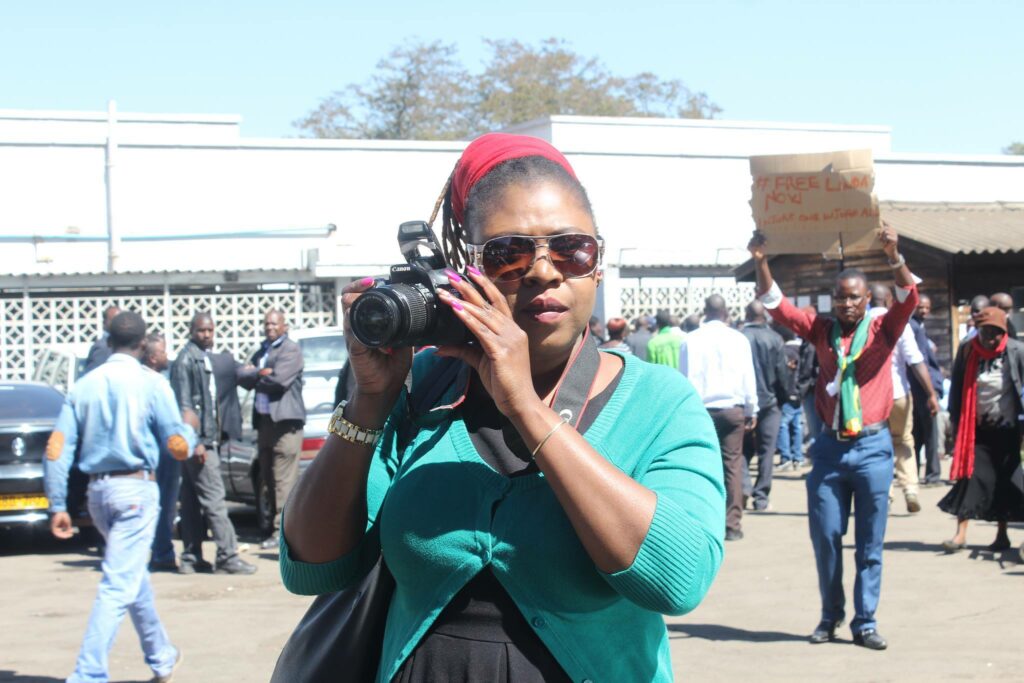One of the most difficult challenges I faced was to flee my native Zimbabwe and settle in a country whose language and culture were totally different from my own. As a political science student at the University of Zimbabwe, I idealized the ideals of the French Revolution, which ushered in an era of political, social and cultural reform. Although this revolution was accompanied by violence and unrest, we cannot deny its legacy: it laid the foundations for the emergence of modern democratic societies and the recognition of fundamental human rights. When I was recognized as a refugee on November 6, 2017 and informed of the fundamental principles governing the French Republic such as Equality, Liberty and Fraternity, I was very optimistic about my future. While equality means the principle of equality before the law and treatment of all citizens, regardless of origin, social status, race, religion or gender, it sounds good on paper. However, this is certainly not the case for many refugees and immigrants in France.
Stereotypes and perceptions
I sometimes feel discriminated against, probably because of my gender and race. For example, I recently received an offer to train as a home assistant from an organization that had previously helped me with French classes. They told me they had reviewed my profile and firmly believed I was a good candidate for their 3 month training program. The fact that I had studied journalism and political science at an institute of higher education, my 20 years of journalism were not taken into consideration. (Editor’s note: Thelma was Group Political Editor for Associated Newspapers of Zimbabwe, the country’s second largest media group). I decided to ask them why they thought my profile was perfect for homecare training. They simply didn’t have an answer to my question. The truth in my eyes is that my profile does indeed fit the profile of a home care assistant, because I’m both a refugee and a black woman. These jobs are often expected to be the best for black women. You only have to take a walk in the park to see that most of the nannies pushing strollers are black women. This is the sad reality for most immigrants. They often have to accept a professional demotion simply to earn a living, not only in France but also in Western society.
The fight for integration
When I arrived in France, I didn’t speak French like most of the refugees arriving here. This undoubtedly made the path to employment very difficult. Language barriers, lack of recognition of qualifications and cultural differences are formidable obstacles to accessing the job market. For 6 years, the only jobs I could get were in domestic work. I was alternately a cleaner and a nanny. I enjoy the company of children. But dealing with their parents was sometimes a nightmare, with the exception of a few. No wonder. Recent statistics show that a tiny fraction of refugees find employment in their first year in the country. Some 42% of refugees in France struggle to find work, facing unemployment and underemployment despite their aspirations to self-sufficiency. Nevertheless, I think I’m one of the lucky ones. In March 2023, I found my non-domestic job when I was recruited by Guest First, one of Europe’s largest tourism companies. I am also part of the Guiti News editorial team, which is actually very important to me as it allows me to continue my work as a journalist.
Breaking down barriers
Despite the challenges to be overcome after exile, there are stories of resilience and success. Organizations like L’Oréal, Each One and many other initiatives dedicated to integrating refugees play a vital role in bridging the gap between displaced people and the job market. Through language courses, vocational training and mentoring programs, refugees are equipped with the skills and support they need to navigate the complexities of the job search process. In the journey to employment, faced with daunting obstacles, they also demonstrate remarkable resilience and determination. By addressing systemic barriers, fostering partnerships and celebrating these trajectories, we can unlock opportunities and create pathways to economic empowerment for displaced people.
Together.
